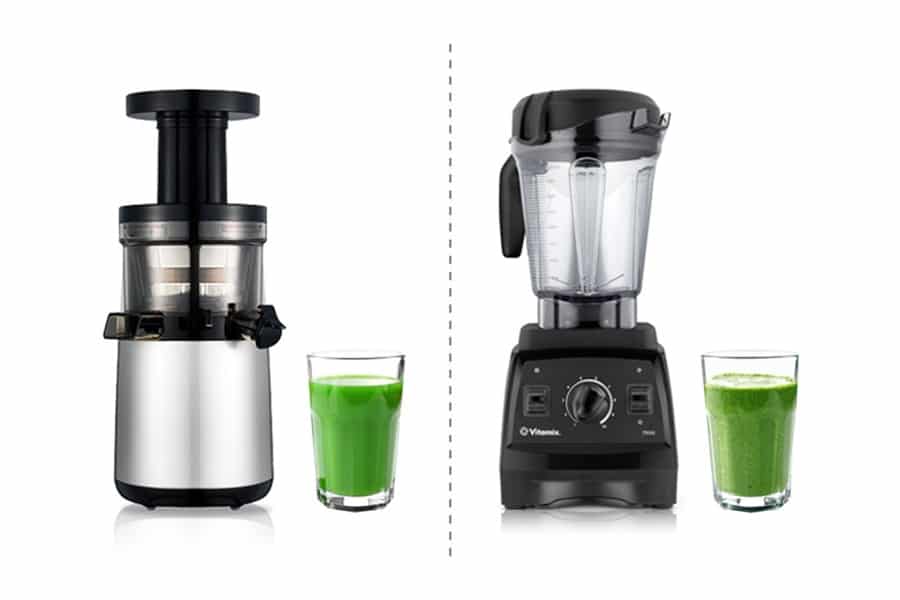Basil, a herb renowned for its fragrant leaves and robust flavor, has transcended its culinary origins to become a staple in traditional medicine across various cultures. This versatile plant is celebrated not just for enhancing dishes but also for its array of health benefits. From supporting cardiovascular health to reducing stress and improving digestion, basil’s medicinal properties are backed by both historical use and modern scientific research. The exploration of the benefits of basil reveals how incorporating basil into a daily diet can contribute significantly to overall well-being.
Contents
Supports Cardiovascular Health

Magnesium and antioxidants in basil play a pivotal role in cardiovascular health. Magnesium aids in the relaxation of muscles and blood vessels, promoting improved blood flow and decreasing the risk of irregular heart rhythms. The antioxidants, particularly flavonoids, help to prevent the oxidation of cholesterol in the bloodstream, a leading cause of atherosclerosis, heart attacks, and strokes. Regular consumption of basil could, therefore, be a natural strategy to help protect the heart and maintain a healthy circulatory system.
Eugenol, a compound found in basil, has garnered attention for its potential to positively affect blood pressure. Acting as a natural calcium channel blocker, eugenol can help lower blood pressure by relaxing the blood vessels. This effect, coupled with the potential of certain basil extracts to reduce harmful cholesterol levels, underscores the herb’s role in promoting heart health. Moreover, these properties make basil a valuable component of a heart-healthy diet, offering a natural complement to other cardiovascular health practices.
Mental Health And Stress Reduction

Basil’s adaptogen properties make it a powerful ally in the battle against stress and anxiety. Adaptogens are substances that enhance the body’s ability to resist stressors of various kinds, whether physical, chemical, or biological. By modulating the response to stress and helping to balance the stress hormone cortisol, basil can contribute to improved resilience against stress-induced conditions. This, in turn, can lead to better mental health outcomes, reduced anxiety levels, and a more balanced mood.
Studies have suggested that the aroma of basil, as well as its consumption, can have uplifting effects on the mood and can help combat symptoms of depression. The essential oils in basil, particularly linalool, are believed to influence brain activity in a way that promotes relaxation and reduces anxiety. These effects not only contribute to a more positive mental state but can also enhance cognitive function by reducing mental fatigue and improving concentration. Incorporating basil into one’s diet could thus be a simple yet effective way to support mental health and well-being.
Enhances Digestive Health

The anti-inflammatory and antibacterial properties of basil are key in promoting gut health and aiding digestion. These properties help in soothing inflammation in the gut, potentially providing relief from conditions like inflammatory bowel disease (IBD) and irritable bowel syndrome (IBS). Additionally, the natural oils present in basil, including eugenol, linalool, and citronellol, can help combat harmful bacteria and support a healthy gut flora balance. This not only aids in digestion but also enhances nutrient absorption, making basil a beneficial addition to any diet for those looking to improve their digestive health.
Furthermore, basil has been used in traditional medicine to treat stomach spasms, gas, and bloating, showcasing its versatility as a digestive aid. Its carminative properties help in the expelling of gas from the stomach and intestines, reducing discomfort and bloating. For individuals suffering from digestive issues, incorporating basil into meals can provide symptomatic relief and contribute to the overall function of the digestive system. Whether used fresh or as part of herbal remedies, basil’s benefits for digestive health are both significant and multifaceted.
Skin Health And Anti-aging

The antioxidants in basil, particularly beta-carotene, play a crucial role in skin health by protecting against aging and environmental damage. These antioxidants combat free radicals, molecules that can damage cells and lead to premature aging and skin conditions. By incorporating basil into the diet or applying it topically, one can leverage its antioxidant power to maintain skin elasticity, reduce the appearance of wrinkles, and protect against UV-induced skin damage.
Basil extracts and oils are also known for their antibacterial and anti-inflammatory properties, making them effective in treating skin infections and conditions like acne. The application of basil can help reduce swelling, redness, and the number of acne lesions, as well as provide a soothing effect on the skin. For those seeking natural skin care solutions, basil offers a promising option. Its therapeutic properties not only help in treating skin conditions but also promote a healthy, radiant complexion.

Basil’s antimicrobial properties are well-documented, showing effectiveness against a range of bacteria, yeasts, molds, and viruses. These properties stem from its various essential oils and compounds, such as eugenol, linalool, and citronellol, which have been found to inhibit the growth of harmful microorganisms. This makes basil a valuable natural remedy for infections and supports its use in traditional medicine for wound care and as a disinfectant.
The implications of basil’s antimicrobial properties extend beyond medicinal uses to potential applications in food preservation and safety. By inhibiting the growth of foodborne pathogens, basil extracts can help extend the shelf life of foods and reduce the risk of microbial contamination. In a world increasingly concerned with the use of natural and safe food additives, basil represents a promising, natural antimicrobial agent that could play a crucial role in food industry practices.
Supports Liver Health And Detoxification

The liver plays a vital role in detoxifying the body, and the antioxidants in basil are crucial in supporting this organ’s function. These antioxidants help protect the liver from damage and may aid in the regeneration of liver cells. The detoxifying effect of basil is particularly important in today’s environment, where exposure to toxins is often unavoidable. Regular consumption of basil can thus be a proactive measure to support liver health and enhance the body’s natural detoxification processes.
Studies suggest that basil may also assist in the metabolism of toxins, thanks to its anti-inflammatory and antioxidant properties. This not only supports liver health but also contributes to overall vitality and wellness. For individuals concerned with maintaining liver function and enhancing the body’s detoxification mechanisms, basil offers a natural and effective solution. Its inclusion in the diet supports the liver’s critical role in filtering and processing toxins, thereby promoting overall health and well-being.
Boosts Bone Health

Vitamin K, found abundantly in basil, is essential for bone health, playing a critical role in bone mineralization and the prevention of osteoporosis. This nutrient is vital for the activation of proteins involved in bone formation and mineral uptake, making basil an important dietary component for maintaining strong bones. The inclusion of basil in the diet, therefore, not only enhances the flavor of meals but also contributes to the structural integrity of bones.
In addition to vitamin K, basil also contains trace amounts of other minerals important for bone health, including calcium and magnesium. These elements work synergistically to enhance bone density and strength. For individuals seeking to improve or maintain their bone health, incorporating basil into daily meals offers a simple yet effective strategy. Alongside other lifestyle and dietary measures, basil can make a valuable contribution to a bone-healthy diet.
The Bottom Line
Benefits of basil emerges as a multifaceted herb with benefits extending far beyond its culinary use. From supporting cardiovascular health and mental well-being to enhancing digestive health, skin vitality, and providing antimicrobial effects, basil’s health-promoting properties are vast. Its role in supporting liver health, detoxification, and contributing to bone health further underscores its value in a health-conscious lifestyle. By integrating basil into the diet, one can tap into its myriad of benefits, reflecting a holistic approach to health and well-being. As with any natural remedy or dietary supplement, it’s advisable to consult healthcare professionals for personalized advice, ensuring that basil is used in a way that best supports individual health needs.


